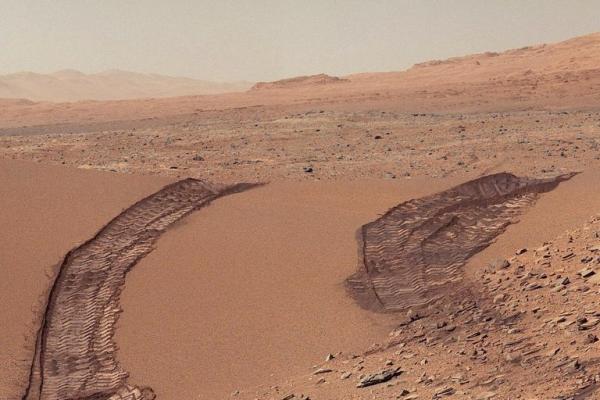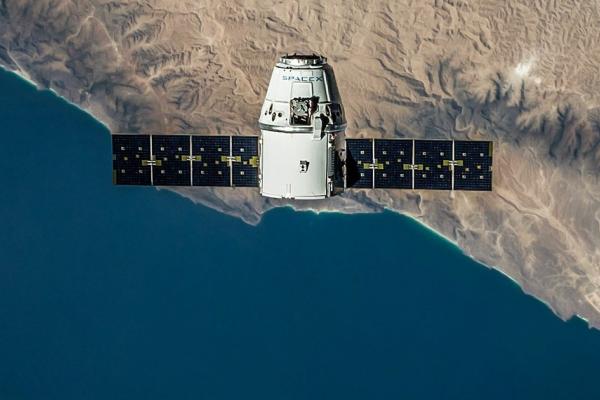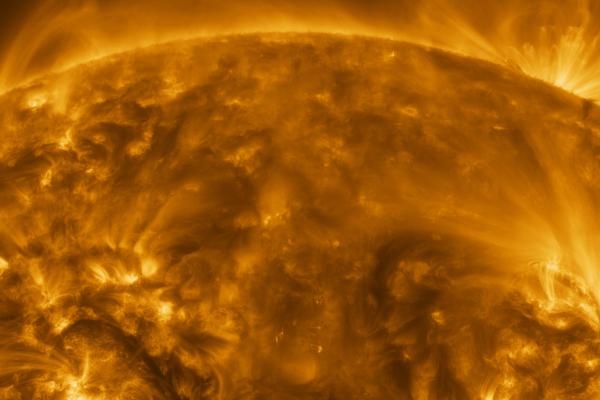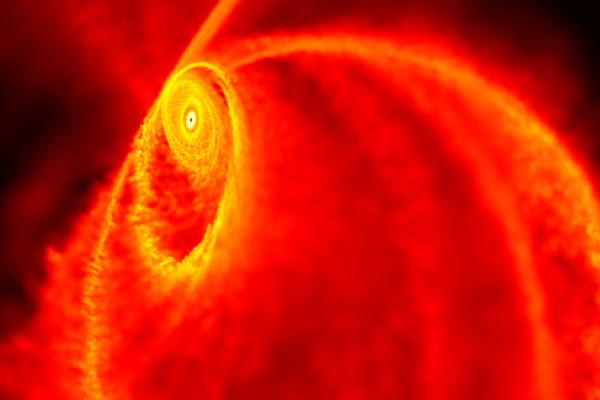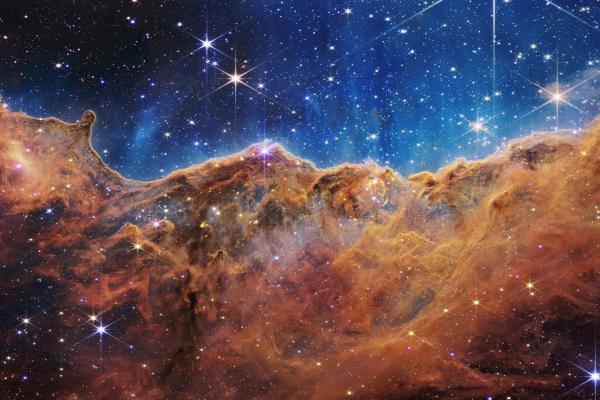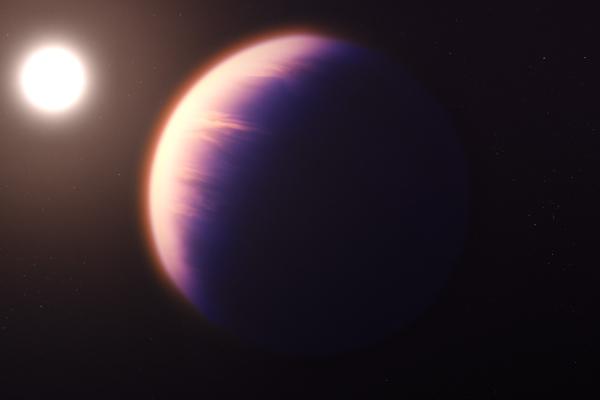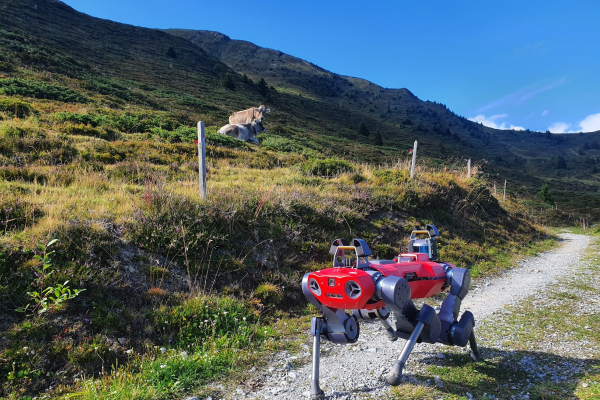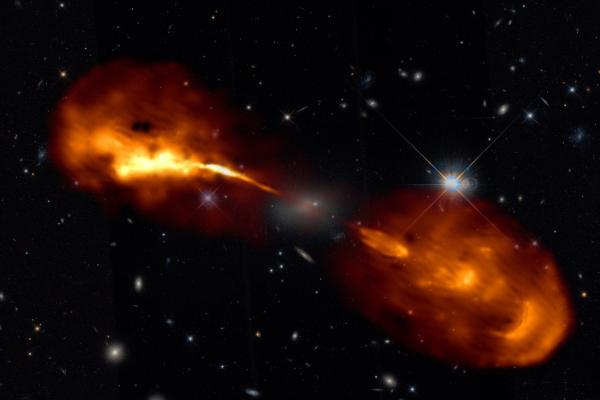Simulating the Red Planet’s geology and hydrology reveals how the landscape has changed, helping the search for landing sites for future missions.
More and more miniature satellites are being launched every year, driving up demand for smaller rockets.
As questions abound about the Earth’s closest star, scientists are seeking answers critical to forecasting solar flares that threaten satellites and other electronics.
Scientists try to unravel the birth, growth and power of black holes, some of the most forceful yet difficult-to-detect objects in our Universe.
The weather and climate on other planets has unusual features but planetary astronomers think JWST could potentially discover clues to help answer the fundamental question of “Where do we come from?”
The time has come for the James Webb Space Telescope to take exoplanet astronomy to the outer reaches. European researchers have been doing a lot of groundwork in preparation for this moment.
Robots are learning to walk and work. While robot dogs are not yet man's best friend, real autonomy and reasoning will make them useful companions in industry, search & rescue and even space…
A deeper understanding of black holes could revolutionise our understanding of physics, but their mysterious nature makes them difficult to observe.
Each year, nearly three-quarters of a million people die from mosquito-borne diseases, and with climate change the problem is getting worse. EU researchers are giving public health officials the…
This article was originally published on 19 April 2021.
Asteroids can pose a threat to life on Earth but are also a valuable source of resources to make fuel or water to aid deep space exploration.…





